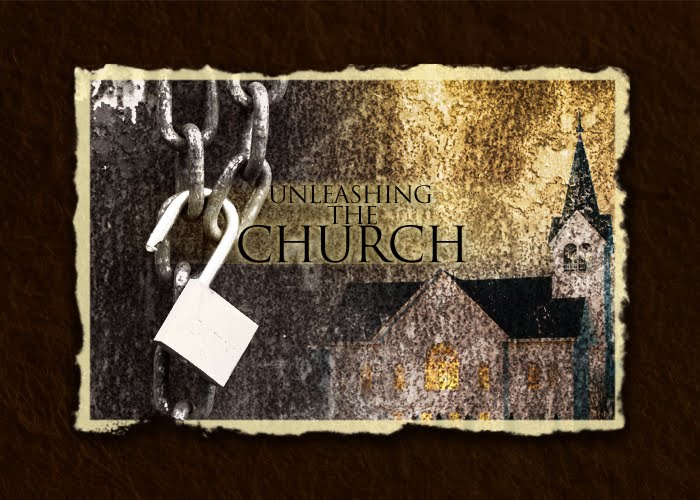One of the results of the theological wars, following the Scopes Trial, was the inability of the clergy to value a lay person’s passion for personal ministry. That makes sense since the theological wars were fought by seminary, denominational, and church leaders. Those who did the fighting fought passionately. But they were professionals whose beliefs were tied to both their identities and their livelihoods. They were defending new institutions and new denominations, e.g. the new Westminster Seminary in Philadelphia broke away from Princeton Seminary in 1929 to train leaders for the new denomination, Presbyterian Church of American not to be confused with the Presbyterian Church in American which started forty years later.
The whole identity of Westminster Seminary and the new Presbyterians was initially tied to a handful of doctrinal issues. The passionate feelings among the new denomination’s power brokers were tied to a handful of theological issues, they that defined the new group’s “distinctive's.” In other words their passions were focused on the theological issues that created their identity as OPC Presbyterians. But the passion that the leaders felt for their theological distinctives rarely transferred to the people in the pews. Most churches had a few lay people who were willing to die to defend their church’s view of the Rapture or the meaning of the Lord’s Table, but they were few and far between.
The “system’s” power brokers were too busy defending their theological distinctive's to pay attention to the massive number of emerging people groups. The emerging groups could be divided into two categories: (1) Need Groups (2) Affinity Groups. Need Groups are groups that need practical and spiritual help. Affinity Groups, i.e. people who like to fish, or ride motorcycles, do not need practical help but they still have spiritual needs. In light of the Great Commission both groups are potential “ministry target groups” for the church.




No comments:
Post a Comment